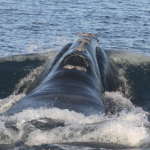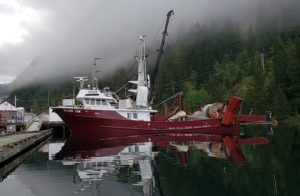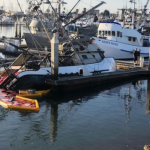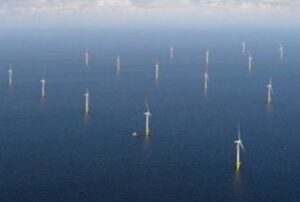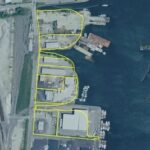Tag Archives: the fishing sector
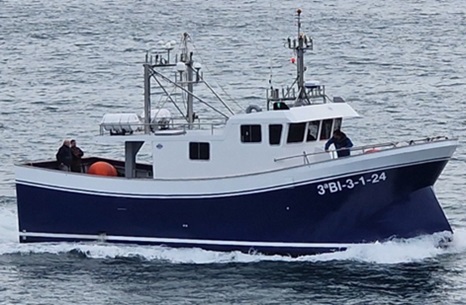
Versatile Inshore Boat for the Basque Country Fleet
Although the general trend in the fishing sector in the Basque Country and the rest of Spain is to export or decommission, some owners from the town of Arminza, in the province of Vizcaya (north of Bilbao), decided to build a new vessel. Made of GRP, Beti Itsasoko has a 14-metre length and a beam of 5 metres, it has a number of features that set it apart from the boats with which it shares its fishing grounds. To begin with, it has an unusual modern design for Spanish waters, with an inverted bow, designed for more comfortable operation by minimising pounding as it cuts through the waves. On the other hand, the vessel measures 14,7gt and is configured to have two independent engines, which gives it greater maneuverability as each drives its own shaft, propellers and rudder. It also has a capacity for 8000 litres of fuel and a hold with space for almost 9 tonnes of fish in the chilled fishroom. Photos, more, >>click ti Read<< 16:66

The Blue Economy: A lawyer and Blue Colonialism.
Nathalie Ros is a lawyer, professor at the University of Tours she is Vice-President and Secretary General of the International Association for the Law of the Sea. In the context of the conference on the oceans to be held in Brest on February 11 and 12, her reflections allow us to measure the stakes of this meeting especially for fishermen. She has developed analyses and concepts which support our own reflections. She thus denounces the privatisation of the oceans in various forms such as transferable quotas, but also the seizure of marine spaces by multinationals in the name of Blue Growth, or the creation of large MPAs banned from fishing in the name of conservation. All this is being done at the expense of fishing: ” the fishing sector, perceived as an obstacle if not a competitor by the new marine industries, is too often seen today as a scapegoat, in defiance of the efforts made by some and reduced to nothing by others. At the same time: “Private actors, often foreigners, can thus benefit from exclusive rights over large parts of the national maritime space, in addition sometimes located very offshore”. >click to read< 10:38


































